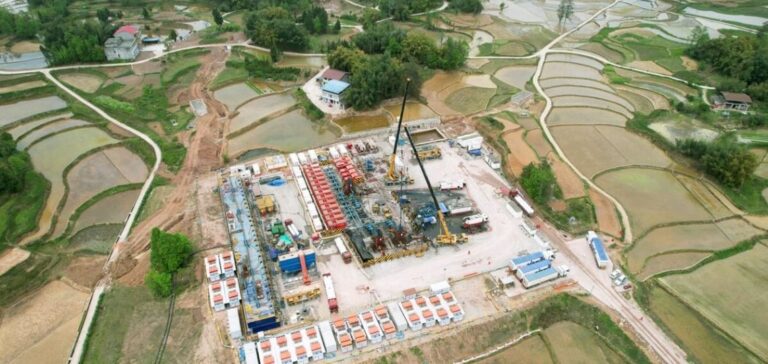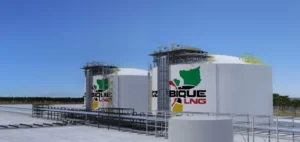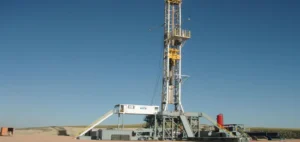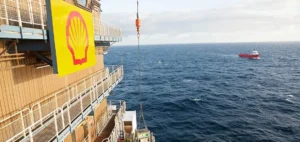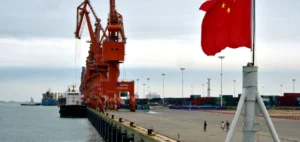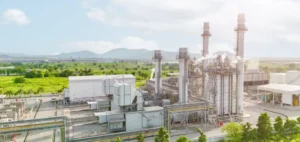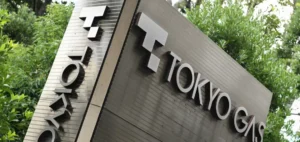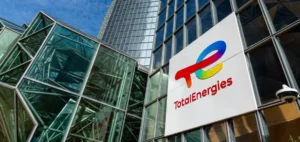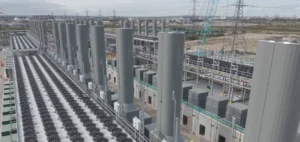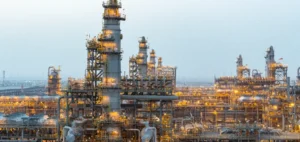Chinese group Jereh has launched a fully AI-powered fracturing platform during an operation in the Sichuan Basin, marking a step forward in the digitalisation of oilfield services in China. The system, known as AI•R FRAC, relies on the full integration of artificial intelligence across eight critical subsystems, including maintenance management, automated manifold control, and real-time safety monitoring.
Operational efficiency enhanced by automation
According to PR Newswire on May 27, the AI•R FRAC system achieved 97.8% accuracy in pump failure prediction and 100% anomaly detection in high-pressure environments. The synergy between its modules generated a 36% increase in operational efficiency on site. With internally developed turbine generators and advanced energy storage systems, the solution also reduced fuel consumption by 15% during off-grid operations.
Large-scale deployment in ultra-deep fracturing
One of the platform’s flagship deployments occurred in an ultra-deep shale gas fracturing operation. It involved 18 fully electric 6000 horsepower fracturing units, as well as blending and hydration units, all coordinated by the AI•R FRAC system. Unlike traditional methods that retrofit diesel systems with electric drives, Jereh implemented a native AI approach by building a fully integrated intelligent ecosystem from the ground up.
Gas compression optimisation via remote diagnostics
In parallel, Jereh is developing an intelligent diagnostic system for compressors, using AI models connected through the industrial internet. The system monitors vibration and load profiles in real time, enabling predictive maintenance. Data shows a 30% reduction in unplanned downtime and a significant extension of equipment lifespan.
Towards full digitalisation of oilfields
According to the International Energy Agency (IEA) report on AI and energy, process optimisation enabled by AI in hydraulic fracturing could improve operational efficiency by 20%, particularly through real-time adjustments to pump rates and proppant mixtures. Leveraging these capabilities, companies such as Jereh aim to automate decision-making and reduce dependency on human interventions in the field.
Jereh’s strategy to embed AI into all layers of its electric hardware and control systems targets uninterrupted operational continuity. “The objective is to shift from reactive responses to predictive site management,” the company stated in its release.


